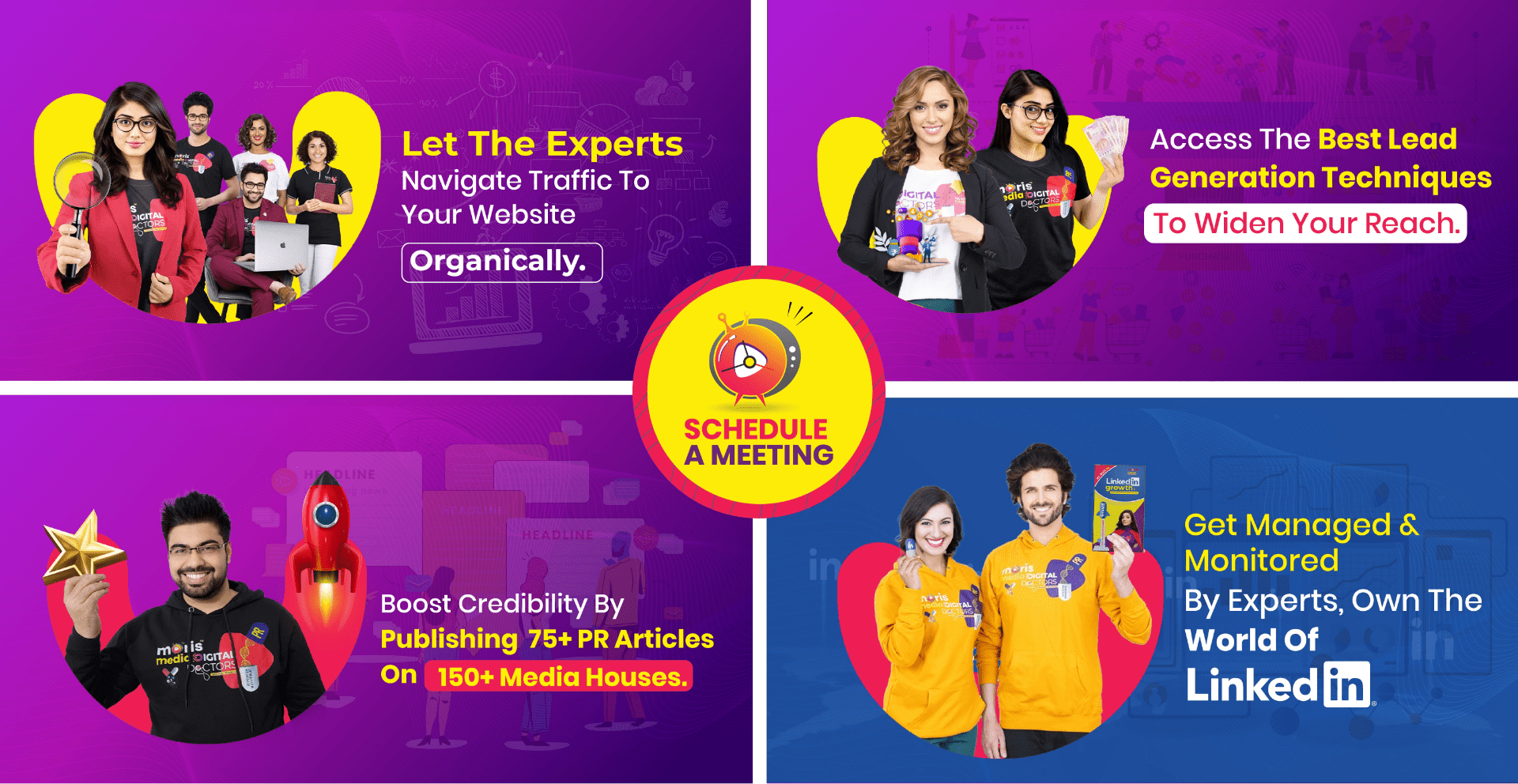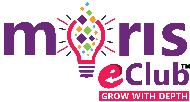Frequently Asked Questions
Choosing the right influencer marketing agency for your brand is important to ensure that you receive high-quality services and achieve your marketing goals. Moris Media advises you to consider certain factors before arriving at your decision.
Experience and expertise: Look for an agency that has experience in influencer marketing and has worked with brands similar to yours. This can ensure that they have the knowledge and expertise to execute successful campaigns for your brand.
Reputation and reviews: Research the agency's reputation and read reviews from previous clients. This can give you a sense of the agency's track record and how satisfied their clients have been with their services.
Services and offerings: Consider the agency's services and offerings, such as influencer selection, content creation, campaign management, and reporting. Make sure that their services align with your marketing goals and needs.
Industry connections: Look for an agency with strong industry connections and relationships with influencers. This can help to ensure that they can secure the best influencers for your campaign and negotiate favourable rates.
Communication and collaboration: Choose an agency that values communication and collaboration with their clients. This can ensure that you are involved in the campaign planning and that the agency is responsive to your needs and feedback.
Budget and pricing: Consider the agency's pricing and how it fits into your budget. Make sure that you understand their pricing structure and what services are included in their fees.
Influencer marketing can be a valuable strategy for customer retention by keeping your brand top-of-mind for existing customers and encouraging repeat purchases, as per Moris Media, the best influencer marketing agency in India.
Collaborate with loyal customers: Collaborate with your brand's most loyal customers, who have a following on social media, to create user-generated content that showcases their positive experiences with your brand. This can help to reinforce their loyalty and encourage their followers to engage with your brand.
Share exclusive offers: Use influencers to share exclusive offers and promotions with your existing customers, such as a discount code or early access to a new product launch. This can incentivize repeat purchases and encourage customers to stay engaged with your brand.
Highlight customer success stories: Use influencer marketing to showcase customer success stories and how your brand has helped them achieve their goals. This can help to build brand loyalty and keep your brand top-of-mind for existing customers.
Leverage brand ambassadors: Partner with brand ambassadors, who are loyal customers or fans of your brand, to promote your products or services to their followers. This can help to create a sense of community and loyalty around your brand.
Encourage user-generated content: Encourage your existing customers to create and share user-generated content, such as photos or videos featuring your products. This can help to create a sense of community around your brand and encourage customer engagement.
Yes, influencer marketing can be used as a tool for public relations (PR). Influencers can help to generate positive buzz and media coverage for your brand, and can also help to shape public perception of your brand. Moris Media, India’s leading PR Boutique and influencer marketing agency, tells you how you can achieve the same.
Create brand ambassadors: Partner with influencers who are fans of your brand and turn them into brand ambassadors. This can help to generate positive word-of-mouth buzz and create a sense of authenticity around your brand.
Generate media coverage: Use influencer marketing to generate media coverage for your brand by partnering with influencers who have a strong presence in your industry or niche. This can help to increase brand awareness and credibility.
Shape public perception: Partner with influencers who align with your brand values and messaging to help shape public perception of your brand. Influencers can help to showcase your brand in a positive light and influence the opinions of their followers.
Crisis management: In the event of a crisis, influencers can be used to help manage public perception and shape the narrative around your brand. Influencers can help to share positive messaging and reassure customers that your brand is taking the necessary steps to address the crisis.
Community outreach: Partner with influencers to support community outreach efforts and social responsibility initiatives. This can help to generate positive PR and showcase your brand as a socially responsible and engaged member of the community.
Connect with the influencer marketing experts in Moris Media to learn more.
As per Moris Media, Influencer marketing can be an effective strategy for increasing website traffic by driving followers of the influencer to your website. This can be achieved if the following steps are followed:
Collaborate on a blog post or article: Partner with an influencer to create a blog post or article on a topic related to your brand or industry. The post can include a link to your website, driving traffic from the influencer's followers who are interested in the topic.
Offer a discount code or promotion: Use influencers to share a discount code or promotion that is only available on your website. This can incentivize followers to visit your website to take advantage of the offer.
Host a giveaway or contest: Collaborate with an influencer to host a giveaway or contest on social media that requires participants to visit your website to enter. This can help to drive traffic to your website and increase engagement with your brand.
Share product reviews: Ask influencers to share product reviews or testimonials on their social media channels, with a link to your website where the product can be purchased. This can help to build trust and credibility with the influencer's followers and drive traffic to your website.
Create a landing page: Create a landing page on your website specifically for the influencer's followers. This page can feature exclusive content or offers for the influencer's followers, driving traffic and encouraging conversions.
Influencer marketing can be a powerful tool for boosting sales by increasing brand awareness, building trust and credibility, and driving traffic to your website or store. Moris Media, the top influencer marketing agency in India, guides you on how you can achieve the same.
Collaborate on product launches: Partner with influencers to launch new products or services, providing them with early access to the product to create buzz and excitement among their followers.
Offer exclusive discounts or promotions: Use influencers to share exclusive discounts or promotions that are only available through their channels, incentivizing their followers to make a purchase.
Showcase customer reviews: Use influencers to share customer reviews or testimonials on their social media channels, building trust and credibility with their followers and encouraging them to make a purchase.
Create shoppable content: Work with influencers to create shoppable content, such as Instagram or YouTube posts with direct links to your products. This can make it easy for their followers to make a purchase and drive sales.
Host a giveaway or contest: Collaborate with influencers to host a giveaway or contest on social media, requiring participants to make a purchase to enter. This can help to drive sales and increase engagement with your brand.
Use affiliate marketing: Partner with influencers on an affiliate marketing basis, where the influencer receives a commission for every sale made through their unique link or code.
Influencer marketing is a growing industry and has evolved significantly over the year. Moris Media lists out some of the current trends in influencer marketing.
Micro-influencers: Brands are now looking to work with micro-influencers who have smaller, but highly engaged followings. Micro-influencers tend to have a higher engagement rate and are more affordable than macro-influencers.
Long-term partnerships: Brands are now looking to establish long-term partnerships with influencers to build brand loyalty and increase brand awareness over time. Long-term partnerships can lead to authentic content creation and higher engagement rates.
Authentic content: Consumers are becoming more wary of sponsored content and are looking for more authentic content from influencers. Brands are now encouraging influencers to create more organic content that resonates with their audience.
Diversifying platforms: Brands are now looking beyond Instagram to other social media platforms like TikTok, YouTube, and Snapchat to reach a wider audience and diversify their influencer marketing efforts.
Video content: Video content is becoming increasingly popular in influencer marketing. Brands are now looking to work with influencers who can create high-quality video content that showcases their products or services in a more engaging way.
Data-driven approach: Brands are now using data-driven approaches to find the right influencers for their campaigns. By analysing data on engagement rates, demographics, and other metrics, brands can find influencers who are the best fit for their brand.
Influencer marketing can be an effective way to build customer loyalty; Moris Media, India’s leading influencer marketing agency, shows you the path to achieving the same.
Find the right influencers: Look for influencers who have a strong following in your niche and whose audience aligns with your target audience. Working with influencers who share the same values as your brand can help build trust and credibility with your customers.
Use influencers to create authentic content: Encourage influencers to create authentic content that showcases your products or services in a genuine way. This can help build trust with your audience and create a sense of loyalty towards your brand.
Offer exclusive promotions: Collaborate with influencers to offer exclusive promotions and discounts to their followers. This can incentivize customers to purchase from your brand and create a sense of exclusivity that can build customer loyalty.
Engage with customers: Use influencer marketing to engage with your customers and create a community around your brand. Encourage customers to share their experiences with your products or services on social media and feature their posts on your own social media accounts.
Use influencers for customer service: Consider using influencers as part of your customer service strategy. They can help answer customer questions, provide product recommendations, and address concerns in a personalized and engaging way.
Moris Media, the leading social media management agency in India, believes that presence on social media and its effective management can be significantly beneficial for businesses. It allows businesses to connect with their audience, build their brand, increase their visibility, and drive traffic to their website. It also enables businesses to communicate with their customers, receive feedback, and resolve issues in a timely and efficient manner. Furthermore, social media management can help businesses to increase their online presence, generate leads, and boost sales.
Digital Doctors at Moris Media list out the benefits that effective social media management can provide for businesses:
1. Increased brand recognition and awareness
2. Improved customer engagement and loyalty
3. Higher website traffic and search engine rankings
4. Increased lead generation and sales
5. Greater customer insights and feedback
6. Cost-effective marketing and advertising
7. Improved reputation and credibility
8. Enhanced customer service and support
9. Better market targeting and segmentation
10. Greater competitiveness and differentiation from competitors.
There are several social media platforms available for businesses to manage, with each platform having its own merits. Businesses can utilise the unique features and specific audience demographics that each platform offers that align with their marketing goals and target audience. Moris Media lists out some of the most preferred social media platforms that businesses are using globally:
1. Facebook
2. Twitter
3. Instagram
4. LinkedIn
5. YouTube
6. Pinterest
7. Snapchat
8. TikTok
9. Reddit
10. Tumblr
Digital Doctors at Moris Media, India’s leading social media management agency, lists out the steps that need to be followed for creating effective social media management strategies.
1. Define your social media goals and objectives by identifying what you wish to achieve from the social media platforms.
2. Identify the target audience that you are trying to reach with your social media content.
3. Choose the social media platforms that are most relevant to your audience and business objectives.
4. Conduct a competitive analysis to see what other businesses in your industry are doing on social media.
5. Develop a content plan and editorial calendar that includes different types of including text, images, and videos.
6. Create a plan for engaging with your audience on social media, including personalised templates for responding to comments and messages.
7. Allocate resources and budget to implement your social media strategy.
8. Measure your results and adjust your strategy as needed based on the data.
9. Take the help of social media professionals if you find it challenging to achieve the same in-house.
At Moris Media, we believe that every step involved in social media management needs to be customised, depending on the specific goals and objectives of your business. However, there are some general guidelines that can be followed:
Planning and strategy development: This involves defining your social media goals, identifying your target audience, and determining which social media platforms to use.
Content creation: This involves creating high-quality, engaging content that aligns with your social media goals and resonates with your target audience.
Scheduling and publishing: This involves scheduling your content to be published at the optimal times to reach your target audience.
Engagement: This involves monitoring and responding to comments and messages, and engaging with your audience on social media.
Analysis and reporting: This involves measuring the performance of your social media efforts, analysing data, and making data-driven decisions to improve your social media strategy.
Optimisation: This involves continually testing and refining your social media strategy to achieve the best possible results.
These steps, if followed in a dedicated manner, will help businesses to effectively manage their social media presence, engage with their target audience, and achieve their social media goals.
Moris Media Digital Doctors believe that every business will have different criteria for evaluating the success of social media management, and this is generally done by tracking and analysing the relevant social media metrics. However, some common metrices that can be considered include:
Reach: The number of people who have seen your social media content.
Engagement: The number of likes, comments, shares, and other interactions with your social media content.
Follower growth: The rate at which your social media following is growing.
Click-through rate (CTR): The percentage of people who clicked on a link in your social media content.
Conversions: The number of people who completed a desired action, such as making a purchase, after clicking on a social media post.
Brand mentions: The number of times your brand is mentioned on social media.
Sentiment analysis: An analysis of the overall sentiment (positive, negative, or neutral) of social media conversations about your brand.
Make sure that you are regularly tracking these metrics and comparing them with your social media goals and objectives. This will help you determine what is working and what needs to be adjusted in your social media strategy.
Many social media management campaigns have been seen to have a negative impact on businesses, as they were not careful enough in avoiding some very common mistakes. Moris Media lists out some aspects that are a complete “No-No” if you want to create a positive impact on Social Media platforms:
Not having a clear strategy: Failing to define clear social media goals and objectives, or not having a comprehensive plan for achieving them.
Ignoring negative comments or feedback: Failing to respond to negative comments or feedback on social media, which can harm your brand's reputation and customer loyalty.
Posting too much or too little: Posting too frequently can overwhelm your followers and lead to unfollows, while posting too infrequently can cause your audience to lose interest.
Not tracking your results: Failing to measure and analyse your social media metrics to determine the effectiveness of your social media efforts.
Not engaging with your audience: Failing to engage with your audience on social media by responding to comments and messages, or not proactively seeking out conversations with your followers.
Focusing solely on self-promotion: Failing to provide valuable and engaging content for your followers and instead only promoting your own products or services.
Not optimising content for different platforms: Failing to tailor your content to the specific requirements and features of different social media platforms, which can lead to lower engagement and reach.
Social Media Management has become a specialised role in the digital era; therefore, it is always advisable to seek the services of professionals to get the same executed effectively.
It’s a common human psychology that we are either bogged down or react aggressively to criticism. Moris Media believes that dealing with negative comments on social media can be challenging, but it's important to address them in a professional and timely manner and therefore lists out some measures that can be taken:
Respond promptly: Respond to negative comments as soon as possible to show your customers that you are listening and taking their feedback seriously.
Stay calm and professional: Respond in a calm and professional manner, even if the comment is harsh or unfair.
Address the issue directly: Address the issue raised in the comment and provide a clear and factual response.
Take the conversation offline if necessary: If the issue requires more in-depth discussion, offer to take the conversation offline through email or phone.
Follow up: Make sure to follow up with the customer after the issue has been resolved to ensure their satisfaction.
There have been numerous situations wherein businesses that have handled negative comments in a professional and empathetic manner, have been able to turn negative situations into positive customer experiences and build customer loyalty.
Digital Doctors at Moris Media, India’s leading social media management agency, lists out some of the best practices for responding to comments on social media.
Respond promptly: Respond to comments as soon as possible to show your followers that you value their feedback and are listening.
Use a professional and friendly tone: Respond in a professional and friendly manner to show your followers that you care about their experience and are willing to help.
Personalize your response: Address the person by name and refer to specific details in their comment to show that you are paying attention and care about their concerns.
Provide a helpful and informative response: Provide a clear and concise response that addresses the person's question or concern in a helpful and informative way.
Show gratitude: Thank followers for their positive comments and feedback to show your appreciation.
Monitor your responses: Monitor your responses to ensure that they are consistent with your brand's voice and values, and to ensure that they are free of errors or mistakes.
These have all proven to be effective strategies that have helped businesses effectively engage with their followers, build relationships, and foster loyalty.
Moris Media believes that social media content strategies will be customised as per the needs of the businesses and the products or services they offer. However, there are some guidelines that need to be followed, which can help in creating effective strategies.
Identify your target audience: Determine who your target audience is and what type of content they are interested in.
Define your goals and objectives: Determine what you want to achieve through your social media content (e.g., increased brand awareness, engagement, traffic, leads, sales, etc.).
Choose the right social media platforms: Determine which social media platforms your target audience is most active on and create content that is tailored to those platforms.
Conduct a competitive analysis: Research what your competitors are doing on social media and identify gaps and opportunities for your own content.
Create a content plan and calendar: Develop a plan for the types of content you want to create (e.g., blog posts, videos, images, infographics, etc.) and a calendar for when to publish each piece of content.
Create high-quality, engaging content: Create content that is high-quality, engaging, and aligned with your goals and audience interests.
Optimise your content for each platform: Tailor your content to the specific requirements and features of each social media platform.
Track and analyse your results: Measure the performance of your social media content and adjust your strategy as needed based on the data.
We, at Moris Media, help businesses develop a social media content strategy that effectively engages with their target audience, builds their brand, and achieves their social media goals.
There are many tools available to help businesses manage their social media presence. Moris Media recommends some of the popular social media management tools that can help businesses save time and streamline their social media management efforts by allowing them to schedule and publish content, track analytics, and manage multiple social media accounts from a single platform.
Hootsuite: A social media management platform that allows you to schedule and publish content, monitor and respond to comments and messages, and track your social media analytics.
Buffer: A social media scheduling tool that allows you to schedule content for multiple social media platforms, collaborate with team members, and track your social media analytics.
Sprout Social: A social media management platform that includes features such as scheduling and publishing content, monitoring and responding to comments and messages, and analysing your social media data.
CoSchedule: A content marketing and social media management platform that allows you to plan and schedule content, collaborate with team members, and track your social media analytics.
Agorapulse: A social media management tool that allows you to schedule and publish content, monitor and respond to comments and messages, and track your social media analytics.
Moris Media suggests that the social media channels you choose to focus on should align with your target audience, marketing goals, available resources, and content strategy. Therefore, you should consider the following factors:
Your target audience: Determine which social media channels your target audience is most active on and which channels align with their interests and demographics.
Your industry: Consider which social media channels are most popular in your industry and whether they align with your marketing goals and objectives.
Your resources: Consider the time, budget, and personnel you have available to manage your social media channels, and which channels are the most cost-effective for your business.
Your content strategy: Consider the types of content you want to create and whether certain social media channels are better suited for specific content types (e.g., visual content for Instagram or Pinterest, long-form content for LinkedIn).
Your competitors: Research what social media channels your competitors are using and which channels they are finding the most success on.
Moris Media, as a top social media management agency in India, has analysed the trends that ensure you get the best results from your posting on social media platforms and provides you with some general guidelines based on the same.
Facebook: The best times to post on Facebook are between 9 a.m. and 2 p.m. on weekdays.
Twitter: The best times to post on Twitter are between 8 a.m. and 10 a.m. on weekdays.
Instagram: The best times to post on Instagram are between 9 a.m. and 11 a.m. on weekdays.
LinkedIn: The best times to post on LinkedIn are between 8 a.m. and 10 a.m. on weekdays.
Pinterest: The best times to post on Pinterest are between 2 p.m. and 4 p.m. or 8 p.m. and 11 p.m. on weekdays.


















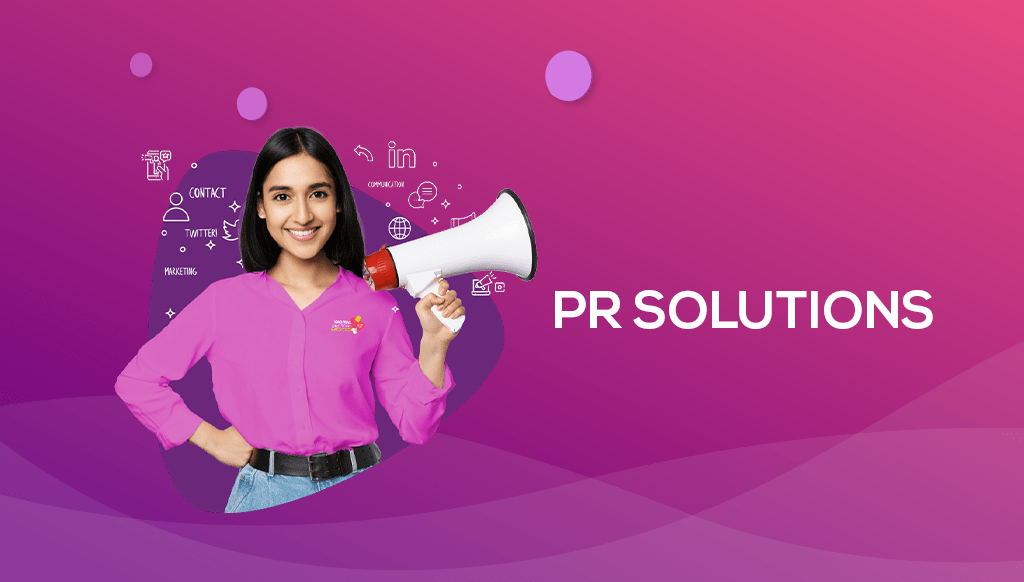
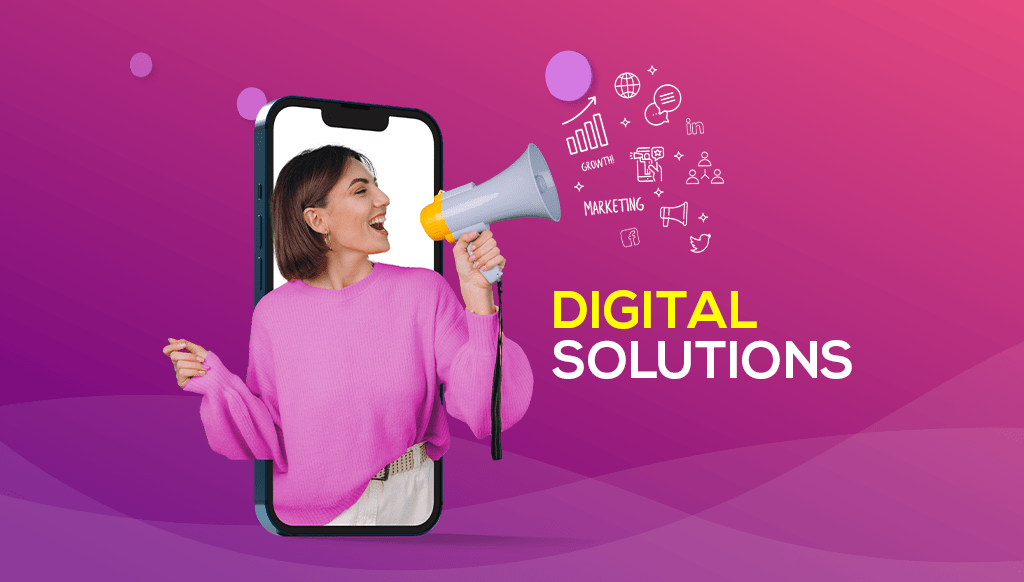

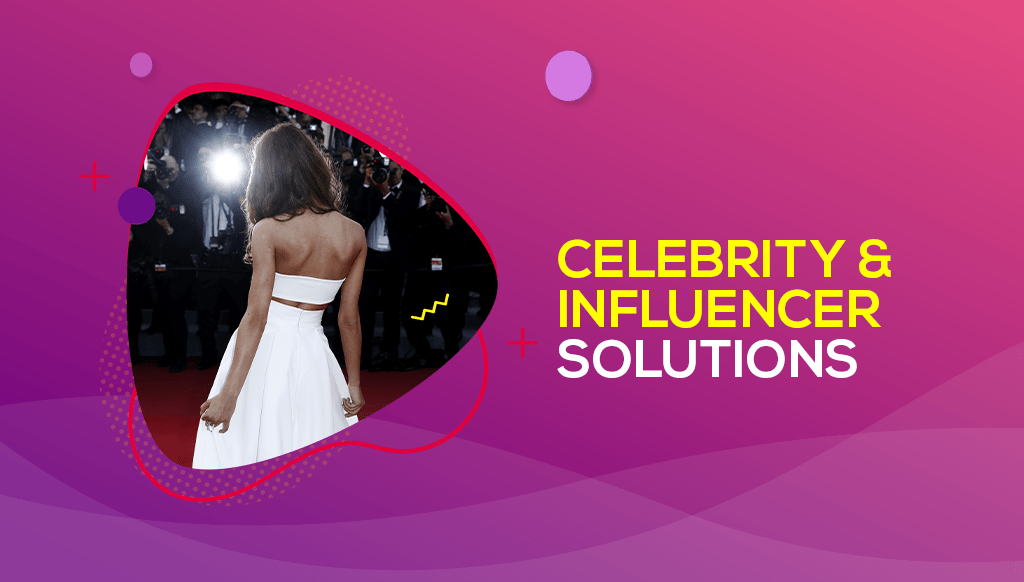
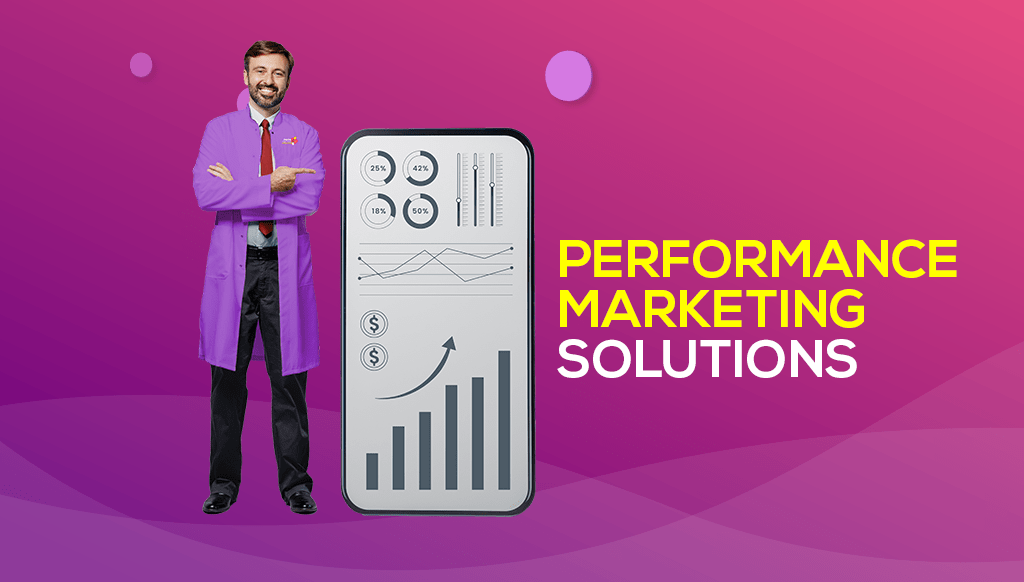
.png?v=1676960503)
